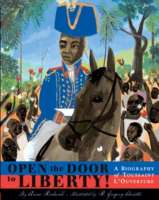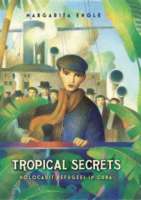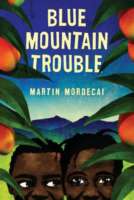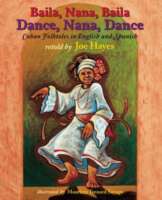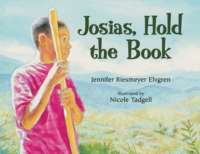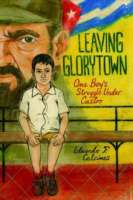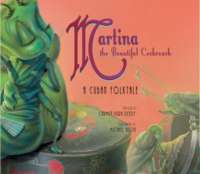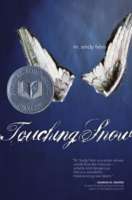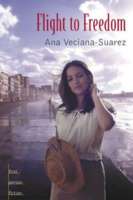
In Flight to Freedom, Anna Veciana-Suarez brings us Yara, an eighth-grader who lives in a middle-class neighborhood of 1967 Havana, Cuba. Her parents, who do not share the political beliefs of the Communist party, finally are forces to flee Cuba with their children to Miami, Florida. There, Yara records in her diary the difficulties she encounters in a strange land with foreign customs. She must learn English and go to school with new children. Her parents also adjust to the new country differently, and Yara’s father grows frustrated with her mother when she becomes more independent.

